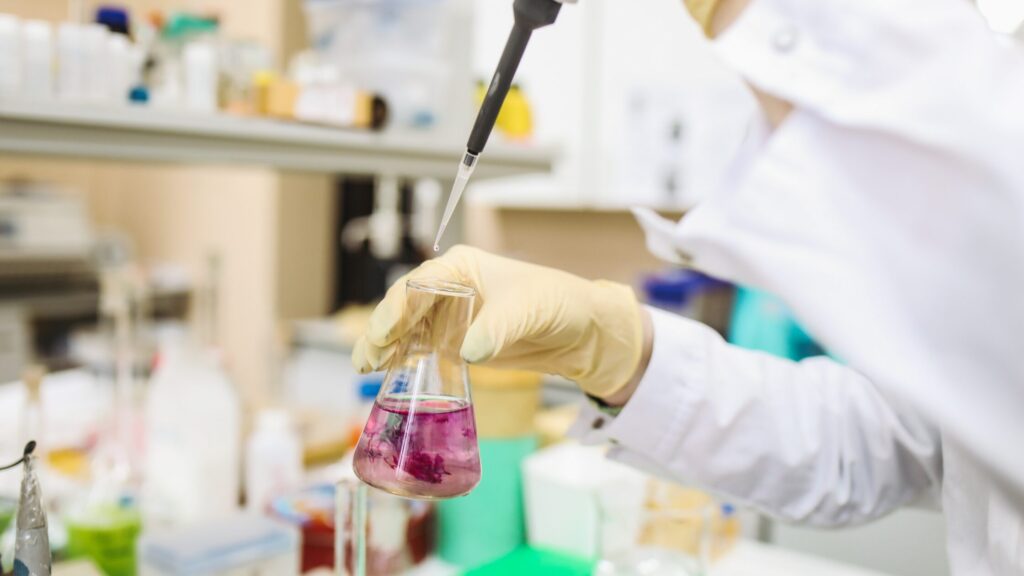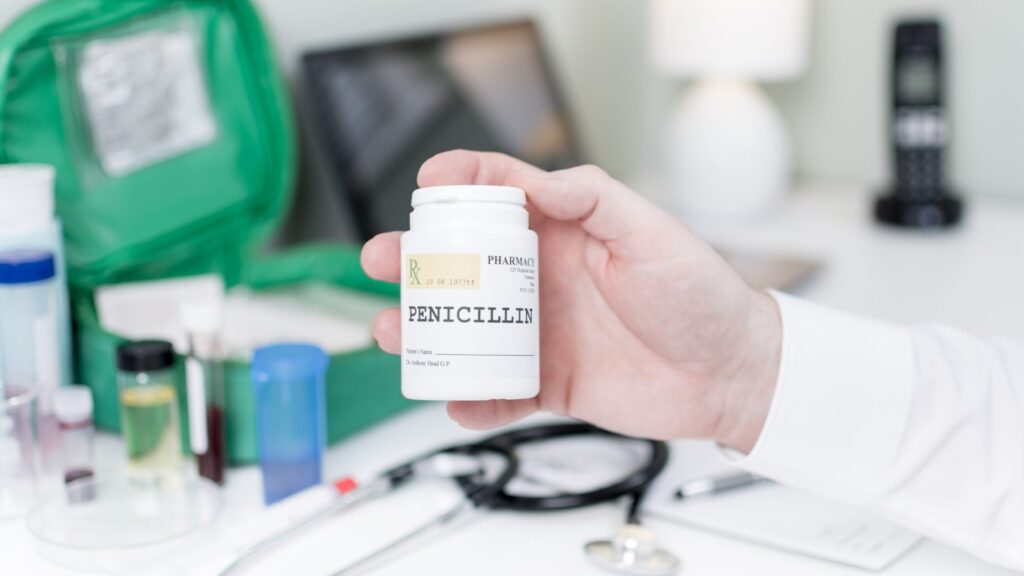Sir Alexander Fleming’s discovery of penicillin in 1928 is one of the most famous and impactful stories in medical history. It highlights the importance of curiosity, serendipity, and dedication in advancing healthcare.
Born in Scotland in 1881, Fleming was a curious and diligent student. He pursued a career in medicine, specializing in bacteriology. Fleming’s inquisitive nature led him to explore the behavior of bacteria and their responses to different substances. His curiosity was a driving force behind his research and eventual groundbreaking discovery.
Fleming’s discovery of penicillin was, in part, a stroke of luck. After returning from a vacation, he noticed that a mold, Penicillium notatum, had contaminated one of his Petri dishes. Instead of discarding the contaminated cultures, Fleming observed that the bacteria surrounding the mold were being destroyed. This chance observation led him to investigate further, ultimately identifying the mold’s antibiotic properties.

Despite the initial discovery, Fleming’s work was far from over. He dedicated years to studying penicillin, trying to purify and produce it in sufficient quantities. His perseverance paid off when he demonstrated its effectiveness in treating bacterial infections. However, it wasn’t until World War II that penicillin was mass-produced and widely used, thanks to the combined efforts of scientists and pharmaceutical companies.
Fleming’s dedication extended beyond his research. He tirelessly advocated for the use of penicillin, understanding its potential to save countless lives. His commitment to his work and the betterment of human health was unwavering.
Curiosity:
Fleming’s story underscores the importance of maintaining a curious and open-minded approach to research and patient care. Curiosity can lead to unexpected discoveries and innovative solutions.
Serendipity:
Sometimes, groundbreaking discoveries come from unexpected places. Being open to chance observations and willing to explore them further can lead to significant advancements in healthcare.
Dedication:
Fleming’s persistence in studying penicillin and advocating for its use demonstrates the value of dedication in achieving long-term success and impact in healthcare. Healthcare professionals should remain committed to their work, even in the face of challenges.
By reflecting on Sir Alexander Fleming’s life and work, healthcare professionals can draw inspiration and understand the importance of curiosity, serendipity, and dedication in driving progress and improving patient outcomes.






